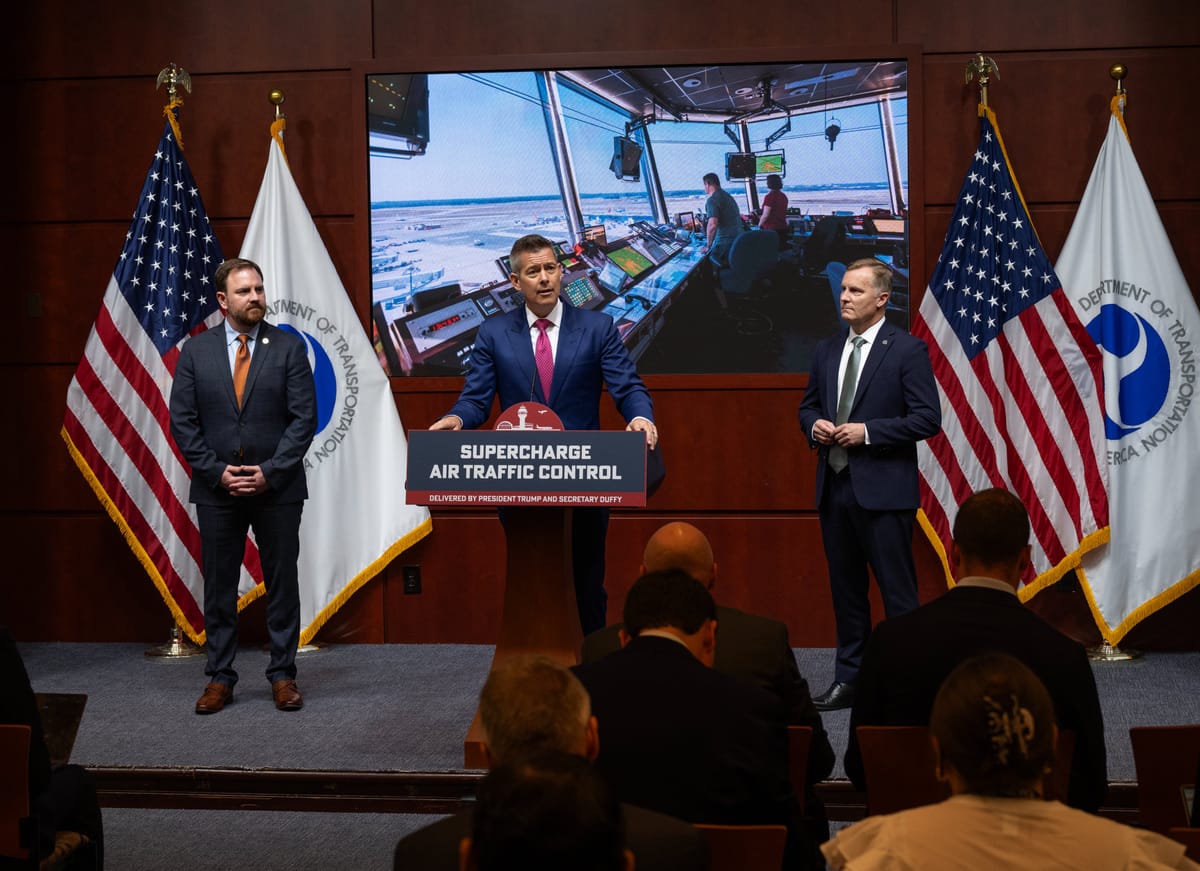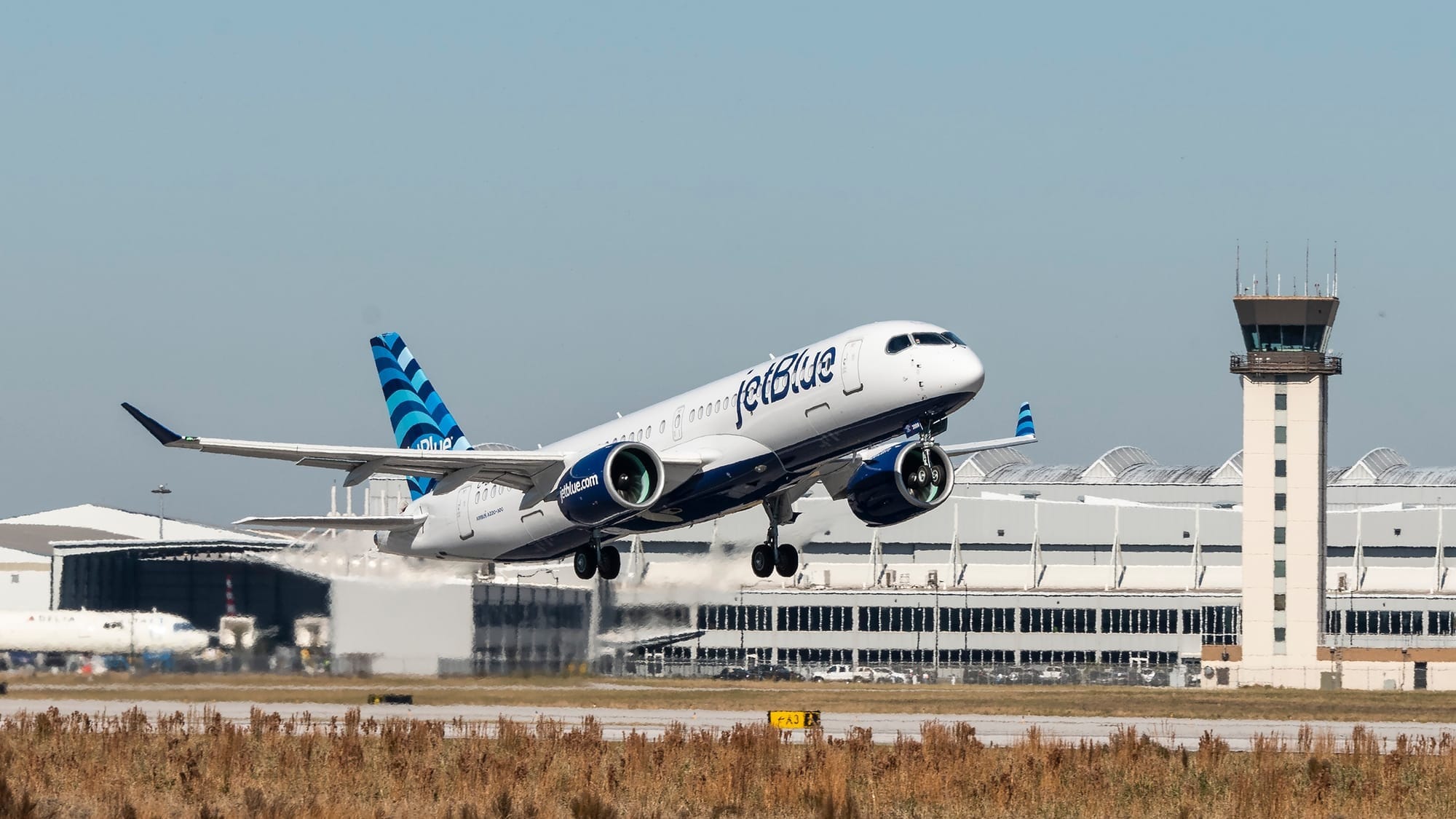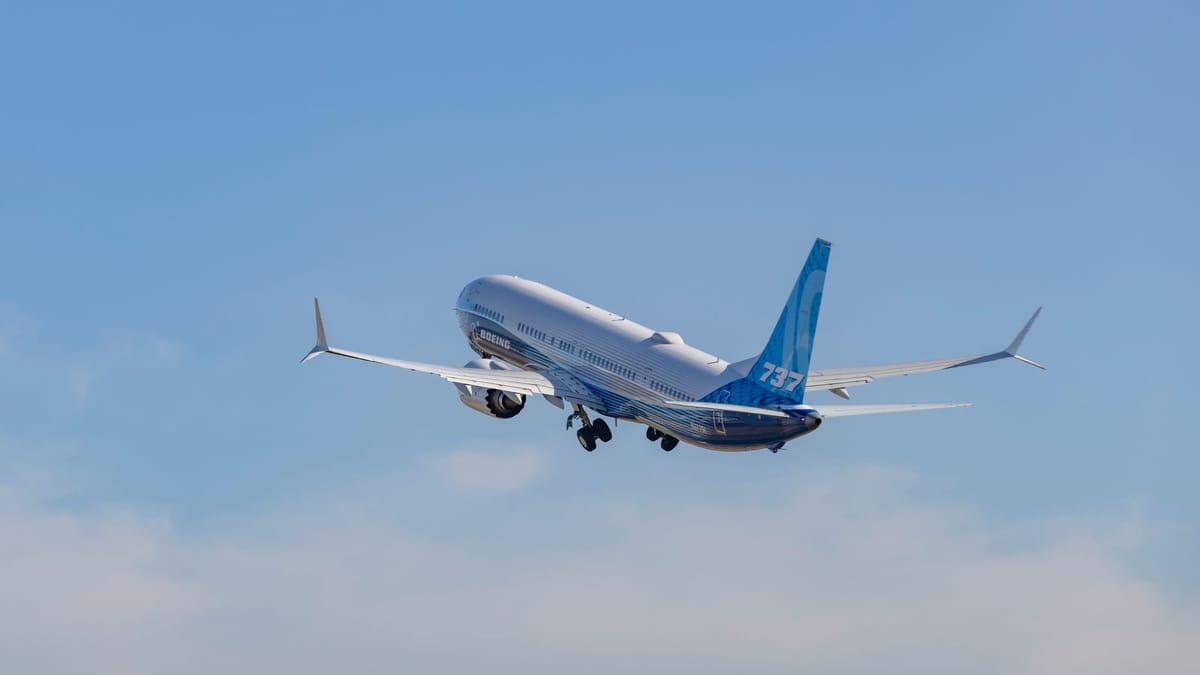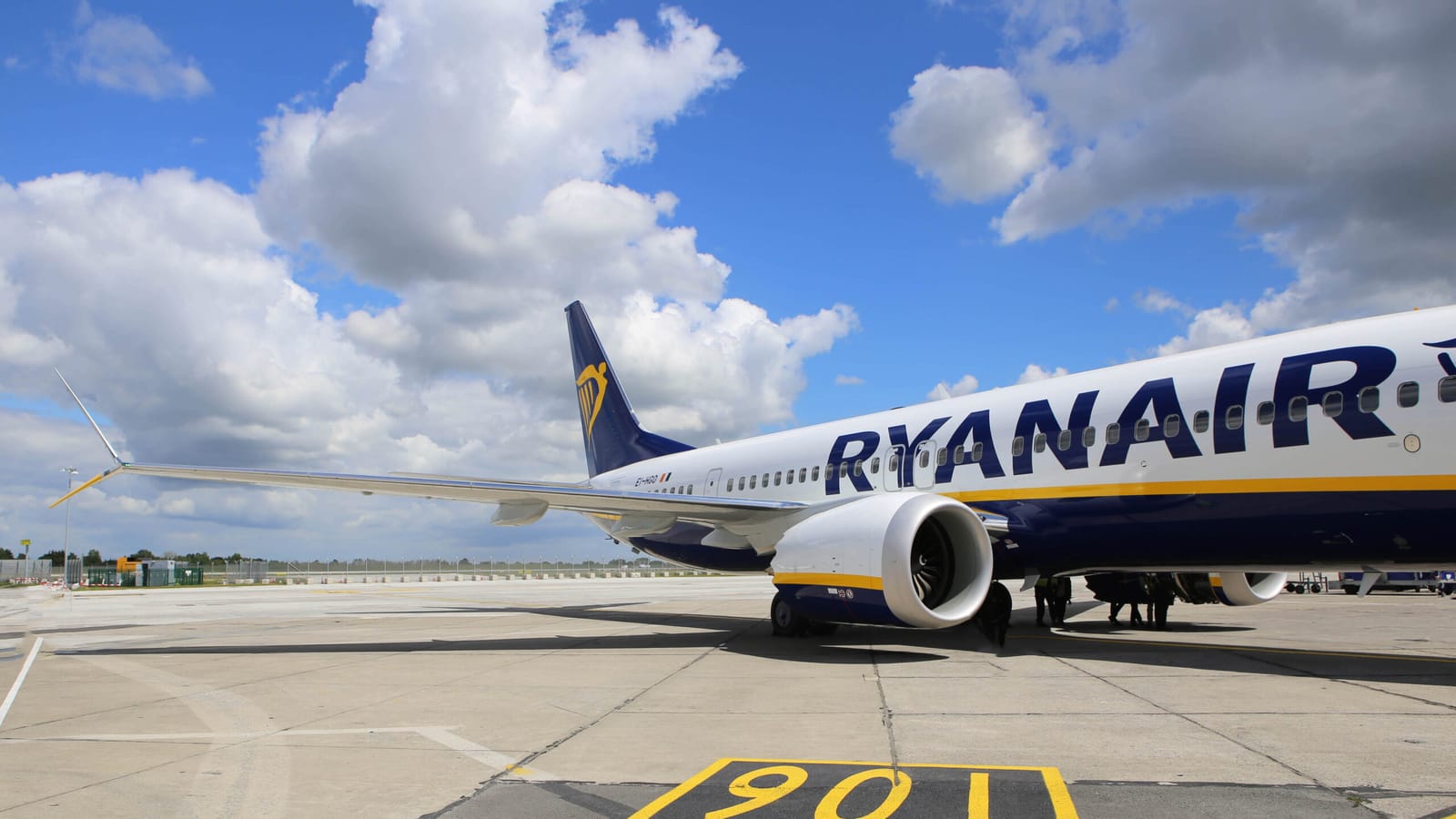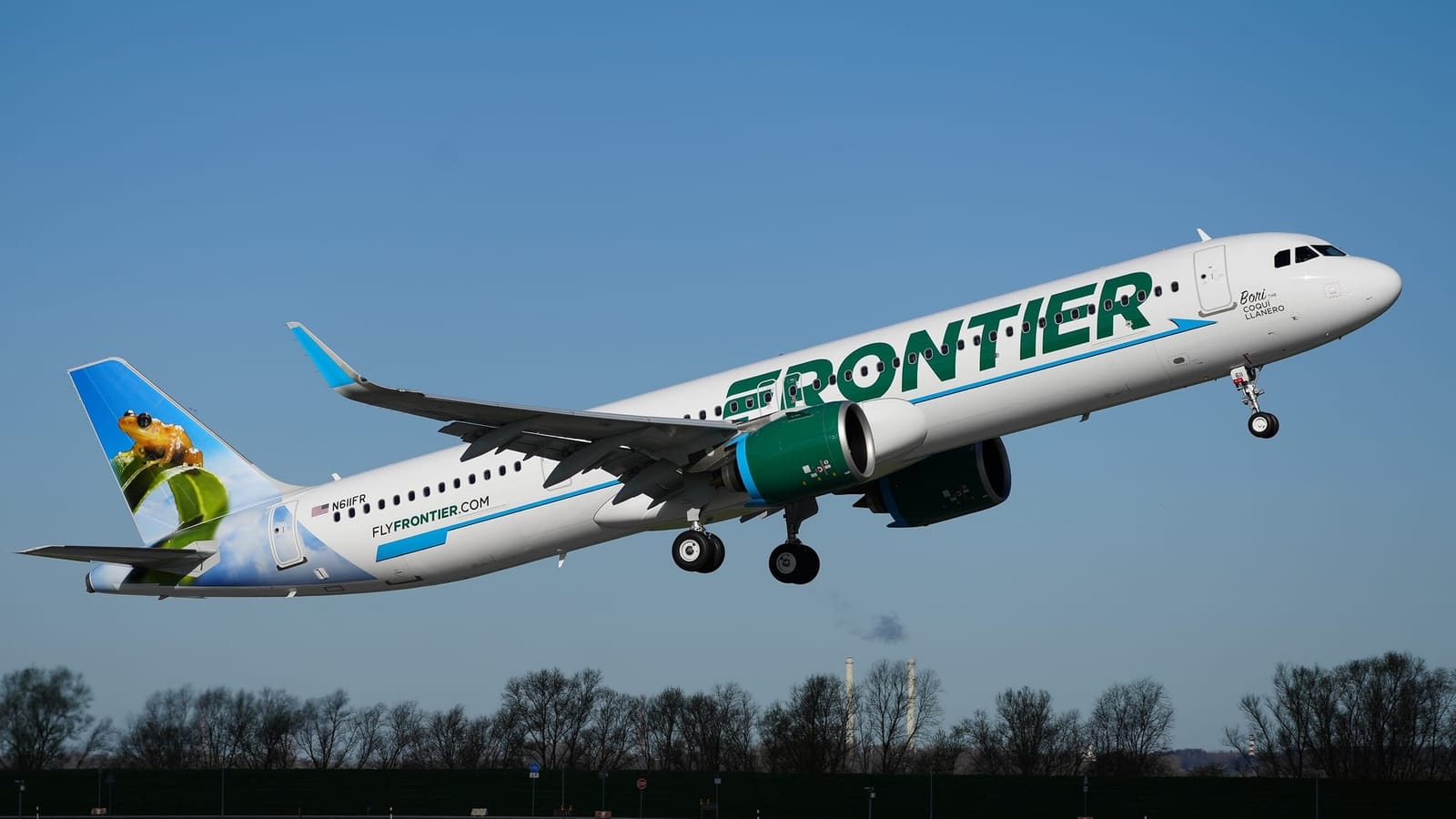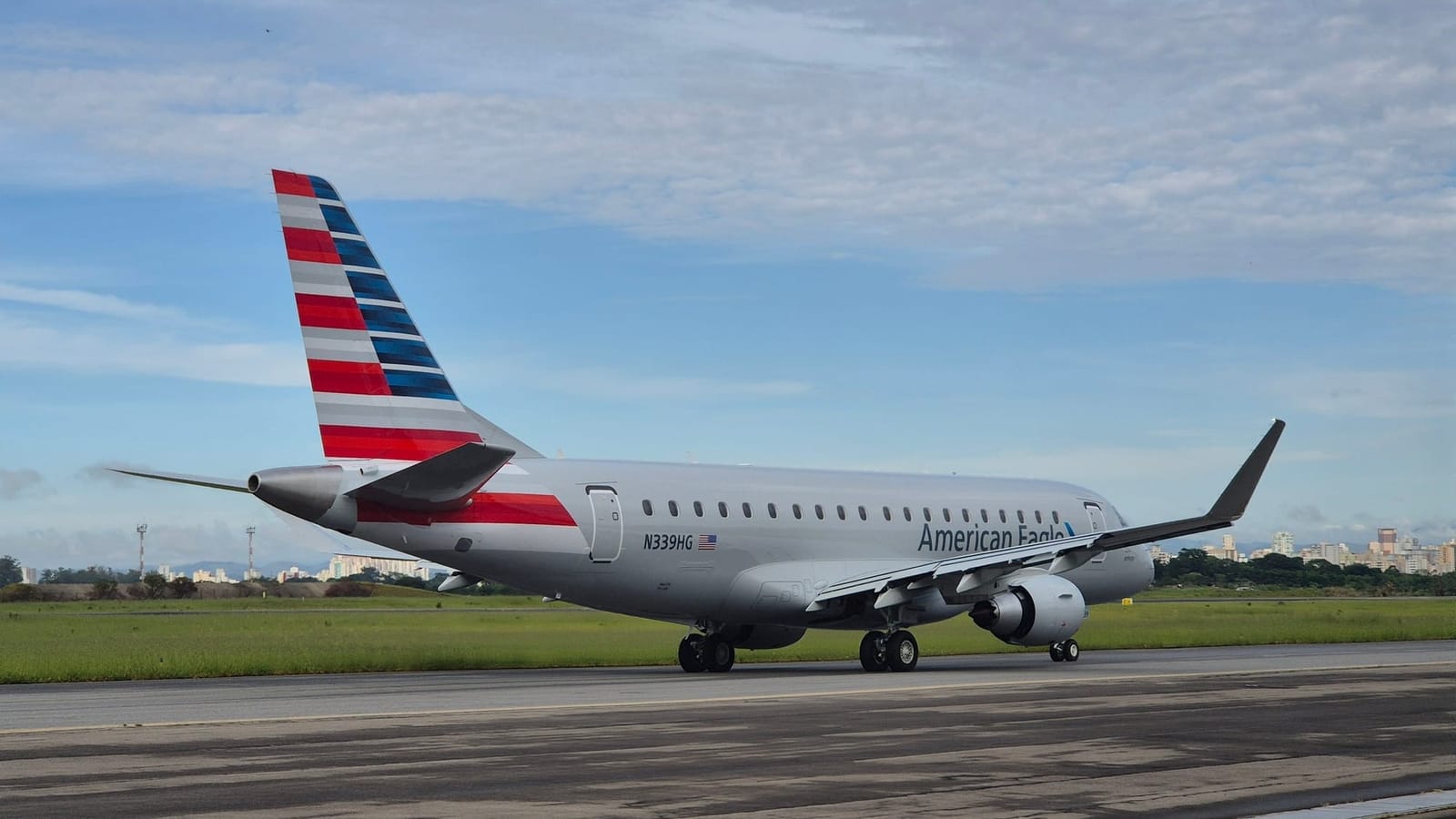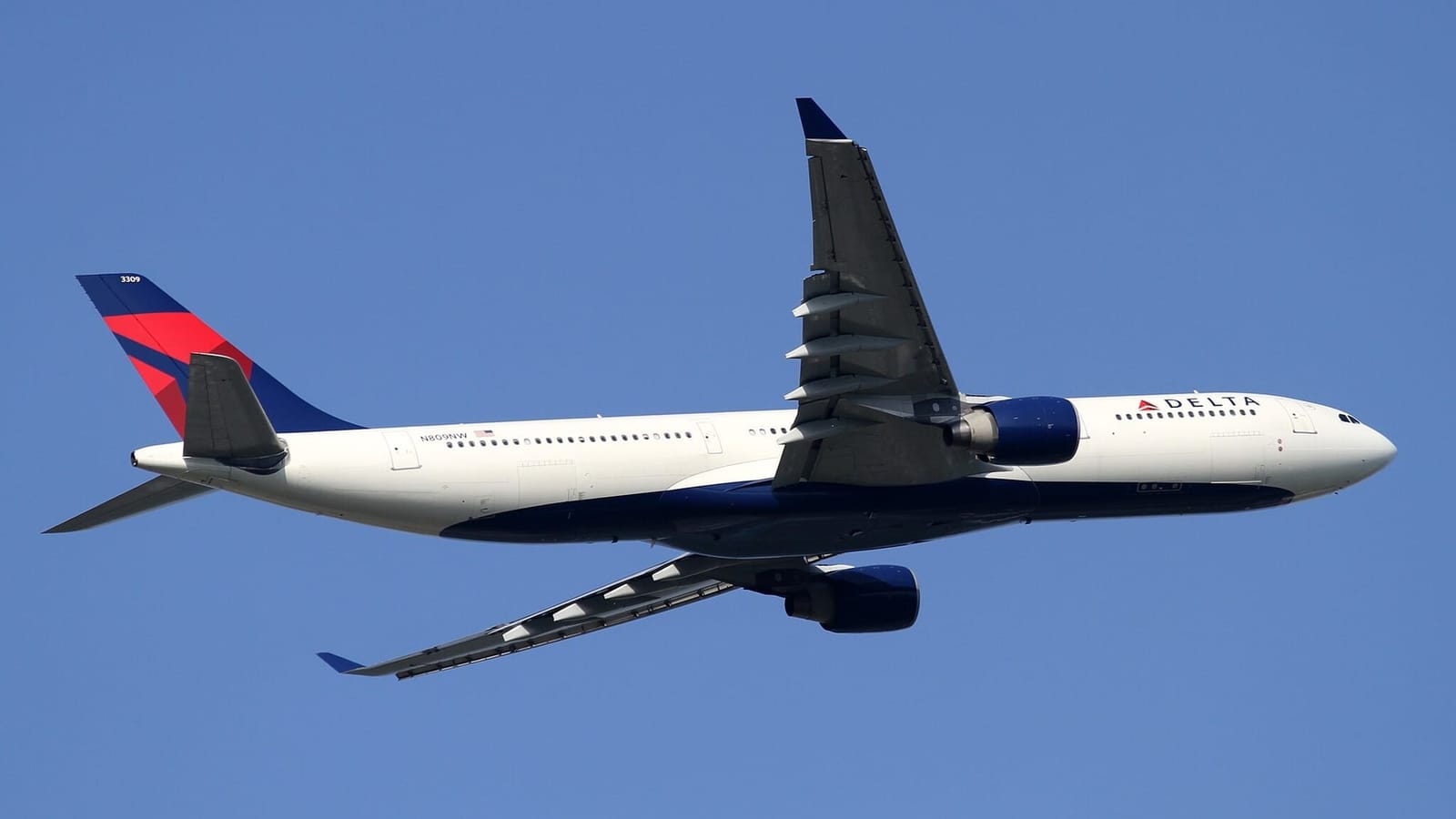In a flurry of filings, the United States Department of Transportation (DOT) has confirmed that after it had secured additional funds for essential air service (EAS) and alternative EAS (AEAS) routes, money for the subsidized flights, critical for many smaller communities, will now run out on November 18, 2025.
The DOT, in a series of filings on October 29 and 30, informed stakeholders, including airlines operating EAS and/or AEAS routes, that while the government shutdown, or a lapse in federal funding, continues, it has been able to secure additional funds to maintain EAS operations longer than it had expected.
“Funds now available to the program allow the Department to continue to pay EAS air carrier subsidies and AEAS grant reimbursements, enabling uninterrupted air service to participating EAS and AEAS communities, through at least November 18, 2025.”
On October 8, the DOT said that after it had secured $41 million for EAS and AEAS, funds would lapse on November 2.
Two days prior, it had told airlines that funds would lapse on October 12 and that all airlines would be relieved of their duties to operate EAS and/or AEAS flights.
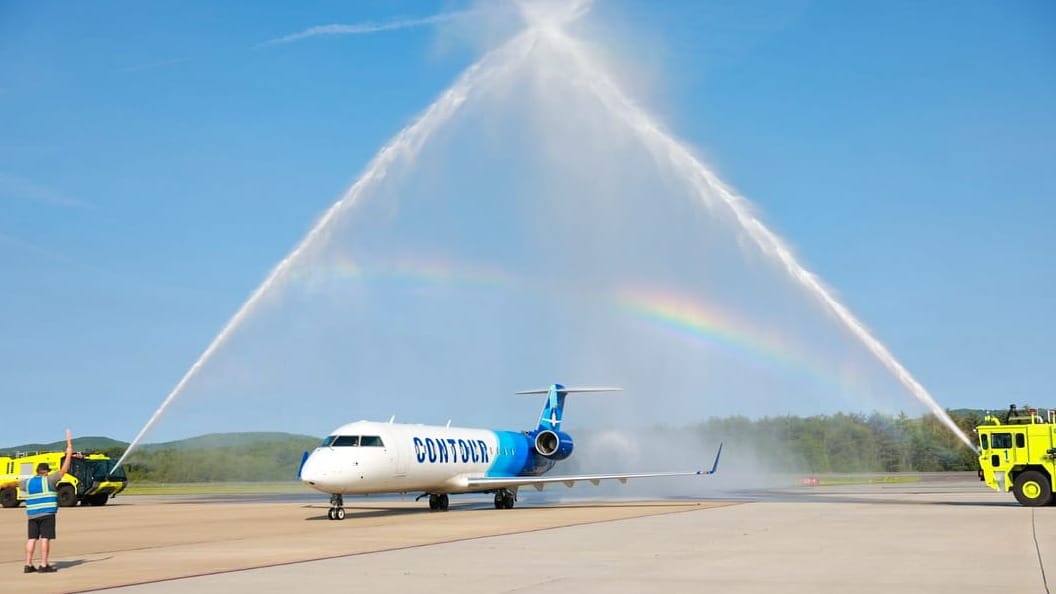
Now, after the Department had secured additional cash to support the subsidized itineraries, airlines “must continue to fulfil their obligations under existing contracts unless or until the Department notifies air carriers otherwise.”
The DOT said that it will monitor the availability of cash for EAS and AEAS as November 18 approaches, providing updates as needed if the government shutdown continues.
While it has found money for EAS and AEAS, the Department has struggled to find cash to ensure that air traffic controllers (ATC) would get paid. Their latest paycheck, which came on October 28, was zero.
In several press conferences throughout October, Sean Duffy, the Secretary of Transportation, has called for the shutdown to end to ensure that controllers, who have already been under a lot of stress, would get paid.
On October 22, Ted Cruz, a Republican from Texas, introduced the ‘Keep America Flying Act of 2026,’ which would ensure that essential Federal Aviation Administration (FAA) and Transportation Security Administration (TSA) employees would get paid during a lapse in federal funding, before the US Senate.
John James, a Republican from Michigan, introduced a companion bill to Cruz’s act before the US House of Representatives.
At the same time, as controllers continue going without pay, Kristi Noem, the Secretary of Homeland Security, confirmed that Department of Homeland Security (DHS) employees would get a ‘super check’ on October 22.
Noem’s DHS also procured two second-hand private jets for $172 million at the same time as controllers have continued to work unpaid.
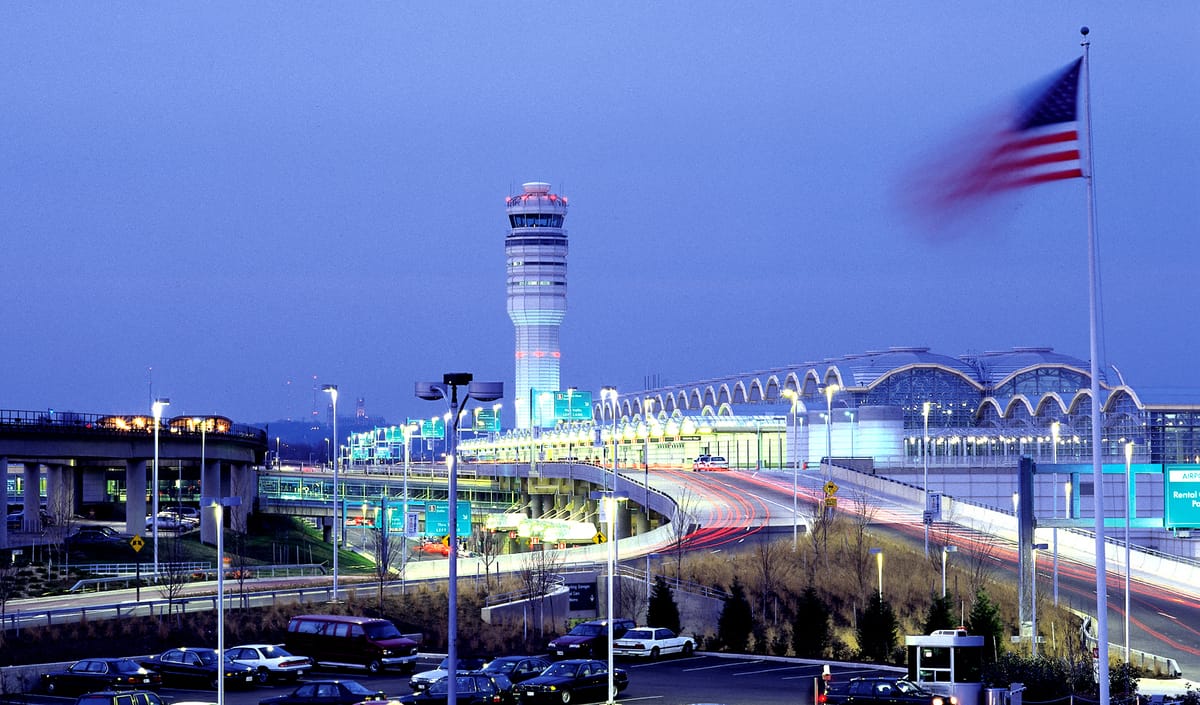
Calls to end the shutdown were reiterated on October 30, which included the White House sharing a post on X, formerly known as Twitter, highlighting that airlines, controllers, and pilot unions are calling for the Democrats to open the government. The post included video testimonies from the chief executives of the Southwest Airlines Pilots Association (SWAPA), Allied Pilots Association (APA), National ATC Association (NATCA), and Airlines for America (A4A).
🚨 AIRLINES, AIR TRAFFIC CONTROLLERS & PILOT ASSOCIATIONS CALL ON DEMOCRATS TO OPEN THE GOVERNMENT. ✈️
— The White House (@WhiteHouse) October 30, 2025
"Say yes to that Clean CR, get this thing back on track, and restore the confidence to the American public as we go into this very busy holiday season." pic.twitter.com/giS9PVEXSx
The Republican propaganda machine continued rolling with a press conference on the same day, which also included Duffy and JD Vance, the Vice President of the US, as well as Scott Kirby, the Chief Executive Officer (CEO) of United Airlines, and Robert Isom, the CEO of American Airlines.
Vance compared the shutdown to the Democrats taking a hostage, despite the fact that the latter party’s demands have been clear: to extend Affordable Care Act (ACA) subsidies to avoid health insurance premiums from going up massively.
Kirby, meanwhile, said in a statement that it was time to pass a continuing resolution (CR) to “use it as an opportunity to negotiate the real, substantive issues that the American people want our politicians on both sides of the aisle to solve.”
The FAA's latest National Airspace System (NAS) update showed that on October 31, staffing triggers, meaning a shortage of controllers, were in place at Philadelphia International Airport (PHL) Area C, Austin Bergstrom International Airport (AUS), and Nashville International Airport (BNA).
